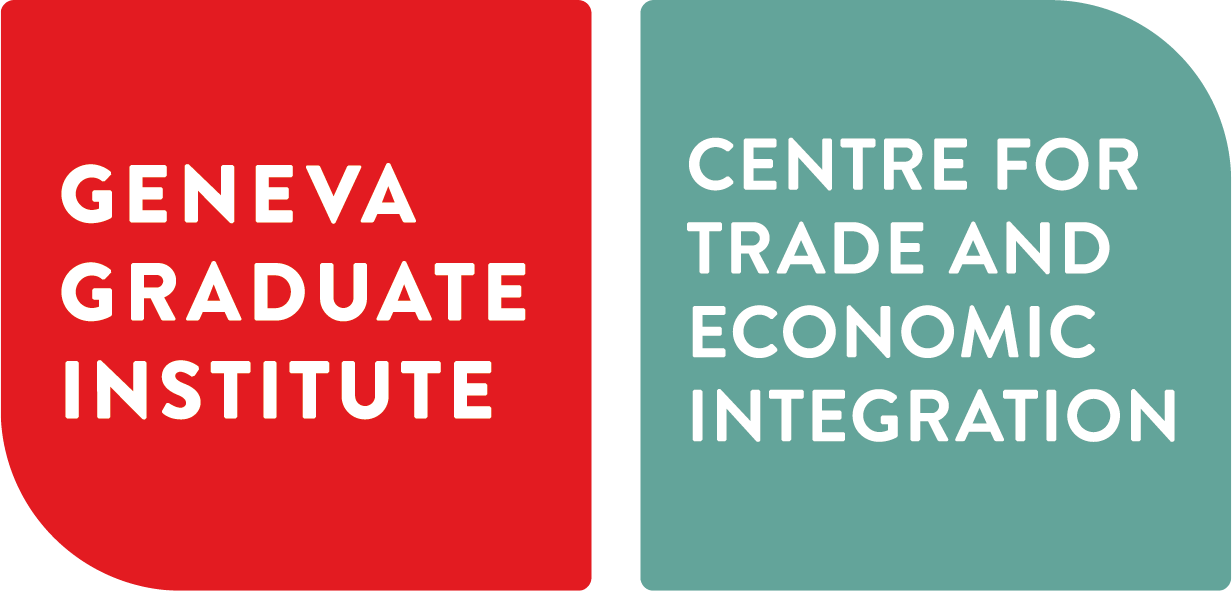Title: Building Better Together: Towards Resilient Trade Policy and Multilateral Trading System
Organizers: CUTS International, Geneva (CUTS) United Nations Economic Commission for Europe (UNECE)
Description: The ongoing COVID-19 crisis has had disproportionate consequences on vulnerable low-income households, especially in the developing world where unemployment has soared and safety nets are lacking. Unleashing the positive contribution of trade in the recovery of this and future crises will require bold action from both national governments and the global community, including at the WTO. Beyond immediate responses to COVID-19 recovery, this session will explore how to ensure that the trading system is better prepared for such systemic shocks in the future, while minimising their negative impact in developing countries. What can we change now to be better prepared the next time? How can trade policy makers craft more resilient approaches? How can developing countries be supported in this regard? Should global rules governing trade and health be adapted? What role can the WTO play in this regard? These questions will be at the heart of discussions.
Title: What Role and Scope for Green Government Procurement in an Open International Trade Environment?
Organizer: World Trade Organization (WTO)
Description: SDG 12 of the 2030 Agenda for Sustainable Development calls to “[p]romote public procurement practices that are sustainable, in accordance with national policies and priorities” (target 12.7). Green government procurement directly supports this goal. But there is scarcely any debate about how this fits with the open international trading system. Do international trade rules, including those in the WTO’s Government Procurement Agreement 2012 and FTAs, support or hinder countries in achieving this goal? What should be done, and how, so that government procurement can be deployed to make international trade more sustainable and at the same time to help countries to make the shift towards more low-carbon and circular economies (i.e. build back greener)? How best to reconcile trade and the environment in the field of government procurement and “ensure that the WTO best supports the green and circular economy” (WTO DG Okonjo-Iweala)? This debate is both timely and pressing.
Title: Strengthening and Streamlining National Law Responses Beyond COVID-19: Trade and Intellectual Property Rules in the Context of Access to Health Technologies
Organizers: Médecins Sans Frontières (MSF)and Health Action International (HAI)
Description: This working session brings together leading experts and practitioners from international organizations, academic institutions and non-governmental organizations, to critically review and discuss national law responses and experiences addressing intellectual property challenges in a global pandemic and the role of WTO. These would include national law and policy reform processes in several countries, including Brazil, Russia, and the ongoing discussions in the European Union concerning obstacles in using compulsory licensing; as well as the role of TRIPS waiver in a pandemic. It intends to conclude with a discussion on how these experiences should inform the reform of international trade rules beyond COVID19. It aims to offer specific recommendations on what steps can be taken by different stakeholders.
Title: How the WTO Can Support ‘Trade Resilience’ for Women in Sub-Saharan Africa
Organizers: Borderlex, University of Johannesburg and Trade Experettes
Description: This panel tries to assess how trade policies supported by the WTO could help build better resilience to external trade shocks for Africa’s most vulnerable groups, with a special focus on how to promote women’s participation in trade and create more resilience.
Title: China and WTO Reform: Toward Consensus and Resilience
Organizer: China University of Political Science and Law (CUPL)
Description: While the tremendous suffering caused by the COVID-19 pandemic and its consequent economic recession calls urgently for swift actions to strengthen the multilateral trading system, there is currently a lack of consensus among WTO Members on several major issues that may be subject to further reform. This session focuses on newly raised and core topics that are China-related, including disciplines on industrial subsidies and state-owned enterprises (SOEs), reform of the dispute settlement mechanism, imposition of carbon border adjustment tax, and the preferred ways and pre-conditions for successful initiation of future WTO reform negotiations. The session devotes itself to the ultimate goal of building common grounds and exploring ways forward to build consensus within and enhance resilience of the multilateral trading system.
Title: WTO Joint Initiative on Services Domestic Regulation: A Deliverable at MC12 to Strengthen the Multilateral Trading System
Organizers: Australian Services Roundtable (ASR) and European Services Forum (ESF)
Description: This session will be an opportunity for the audience to learn more about this important matter, that is often not well understood and often difficult to bring to the attention of the political decision makers, but that is crucial for services exporters and investors. Participants will hear about: • state of play of the WTO negotiations; • perspectives of business and industry experts on the practical value of the disciplines for facilitating and expanding their operations; and • perspectives of participating WTO Members on the importance of the disciplines in improving their domestic business environment and increasing their trade competitiveness.



